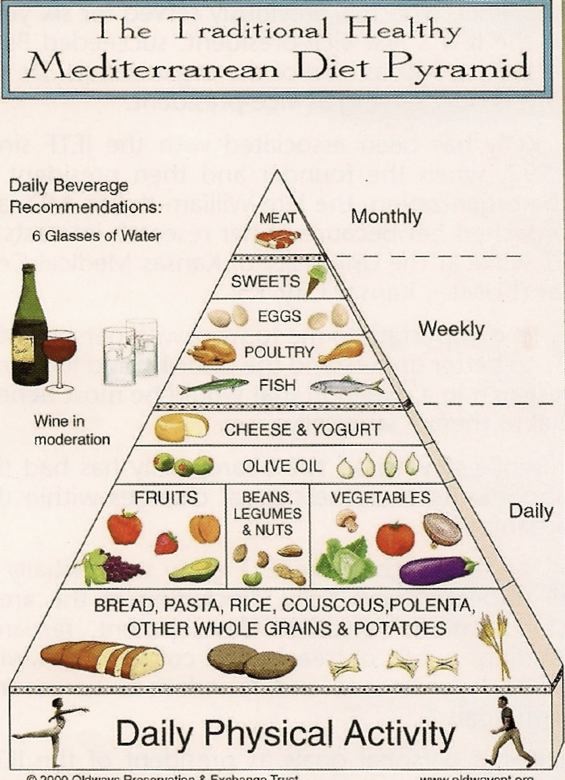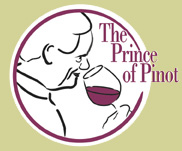More Related 2018 News
On December 30, 2018, Utah became the first state to lower the legal standard for driving under the influence
from the nationally recognized .08 to .05. The National Transportation Safety Board advocated for a lower
threshold in 2013, but the alcohol industry has been firm in their opposition. A spokesman for the American
Beverage Institute said, “.05 will do little to save lives while criminalizing what is now considered perfectly
responsible behavior. At that very low level, impairment isn’t even meaningful.” BAC charts report that it takes
three drinks in one hour for a 16-pound man to reach .05 (some claim two drinks), while a 120-pound woman
would reach .05 after one or two drinks, depending on the chart.
California lawmakers are considering bill AB 1713 that would reduce the amount of alcohol you can legally
have in year system while driving from a BAC of .08 percent to .05 percent. Commercial drivers in California
are already held to the .05 standard.
A government-funded pilot program in Whitehorse, Canada. initiated red and yellow cancer warnings on labels
of bottles of wine and spirits late in 2018. “Alcohol can cause cancer” read the labels. In Ireland, in August
2018, the government-funded charity Alcohol Action announced plans to include health warnings on alcohol
products that link drinking to a higher risk of developing diseases and health conditions. In October, a law
requiring alcoholic drinks be labelled with cancer warnings passed. The law also restricts advertising of drinks
and requires labels to state the number of calories. The United Kingdom Royal Society for Public Health called
for cancer warnings to be included on alcohol labels in Britain.
In September 2018 Drink Free Days was launched by Public Health England and Drinkaware. Middle-aged
drinkers (45-65) are being told to abstain from alcohol at least two days per week. This initiative is aimed at
curbing health risks later in life by drinking less.
Renowned Harvard University geneticist David Sinclair has re-surfaced after he promoted resveratrol as a
wonder molecule that could reverse aging back in 2004 when he co-founded Sirtris, a company to test
resveratrol’s possible anti-aging benefits. The company was sold in 2008 to GlaxoSmithKline but Glaxo
stopped research in 2010 because of poor results and possible toxicity. Sinclair, though, pocketed $8 million
from the sale of Sirtris. Sinclair has now boasted online that by taking resveratrol, the diabetes drug metformin,
and a NAD booster known as nicotinamide riboside, he has the lung capacity, cholesterol and blood pressure
of someone two decades younger than his 49 years. Blood tests that calculate biological age determined by
the company InsideTracker indicated he was 58 years old. Sinclair’s research, which has spurred his claims,
has only been performed on mice.
You can’t always believe what you read, even peer-reviewed scientific research published in prestigious
medical journals. A 2013 study published in the New England Journal of Medicine found that people eating the
Mediterranean diet (MD) supplemented with olive oil were 30 percent less likely to experience a heart attack,
stroke or death from CVD than people assigned a low-fat diet. Those who stuck to the Mediterranean diet
supplemented with mixed nuts had a 28 percent lower risk than those asked to follow a low-fat diet. In June
2018 the New England Journal of Medicine retracted the paper because the subjects were not properly
randomized. A corrected version of the paper shows people following the MD had a similarly reduced level of
heart attacks and strokes but the diet was not the direct cause of those health benefits.
The MD was named the best for 2019 in a report of rankings published by US News and World Report in
January. The MD was also named the best diet for healthy eating, best plant-based diet, best diet for diabetes,
and easiest diet to follow. Numerous studies have suggested that the MD can reduce the risk for diabetes,
dementia, memory loss, depression, breast cancer, heart disease, and osteoporosis, and increase longevity.
The MD includes red wine in moderation and enjoying meals with others.

‘Wine in Moderation’ is celebrating 10 years of social responsibility in the wine sector. In 2008, the European
wine sector took the step to address alcohol-related harm and created the Wine in Moderation Program. The
program brought together an alliance of businesses, universities, authorities and citizens from around the
world. Wine in Moderation’s policy statement: “We raise awareness and knowledge about conscious
enjoyment. We help people to appreciate wine culture and enjoy wine in a healthy, sustainable and convivial
way.” The program recommends drinking wine slowly, accompanying wine with good food alongside a glass of
water, appreciate with good company, friends and family, and be sensible by avoiding excess. Wine in
Moderation is now active in 17 countries on 2 continents. Visit the website at www.wineinmoderation.eu.
Credits
International Scientific Forum on Alcohol Research (ISFAR) - www.alcoholresearchforum.org.
AIM Alcohol in Moderation Digest Online - www.aim-digest.com
Lewis Perdue, Publisher of Daily News Fetch (created by Wine Industry Insight) - www.wineindustryinsight.com



